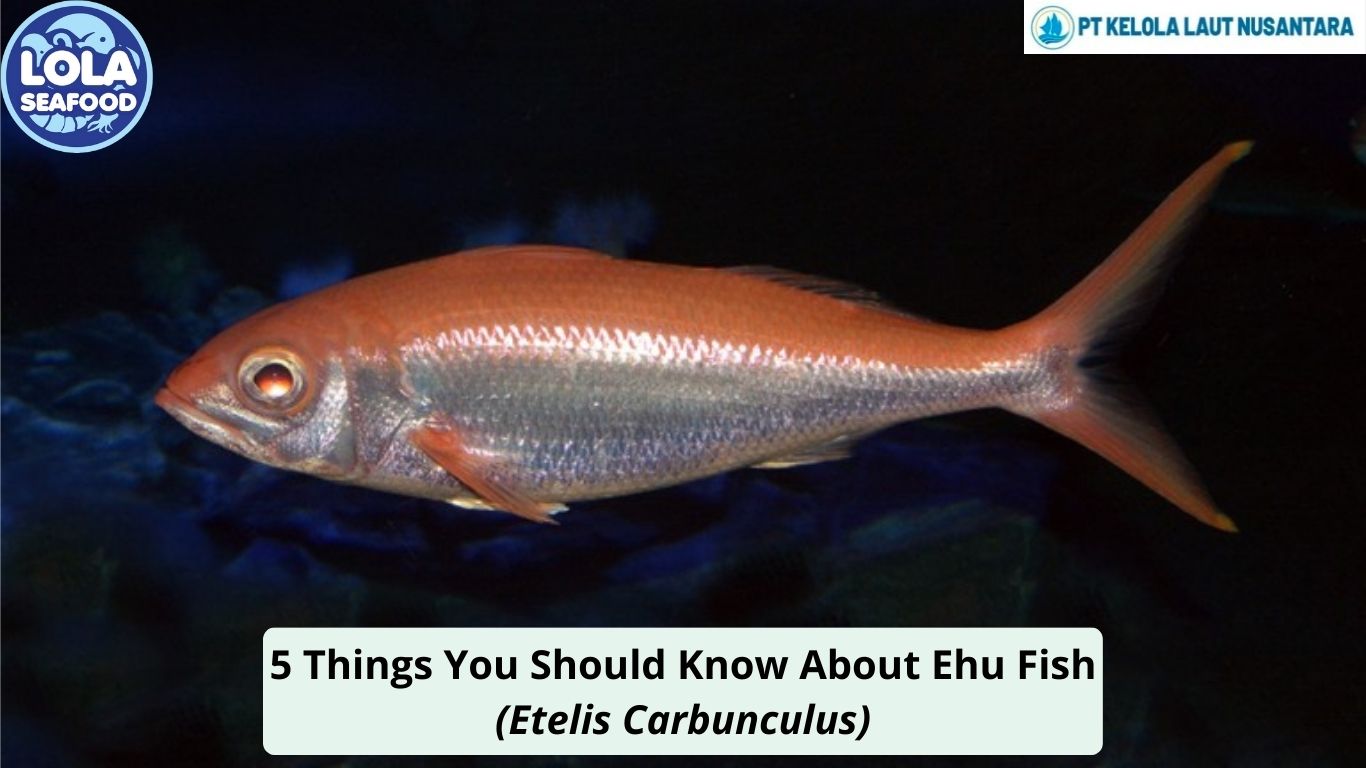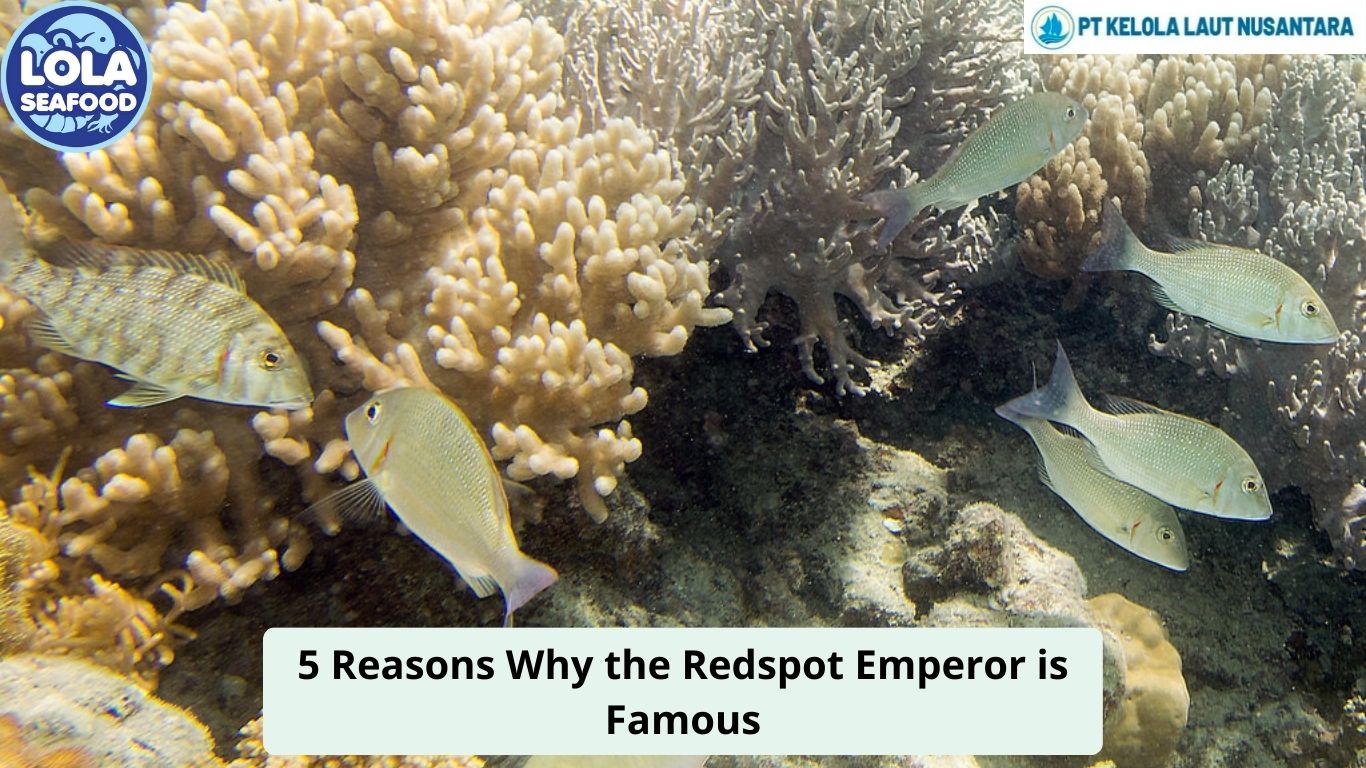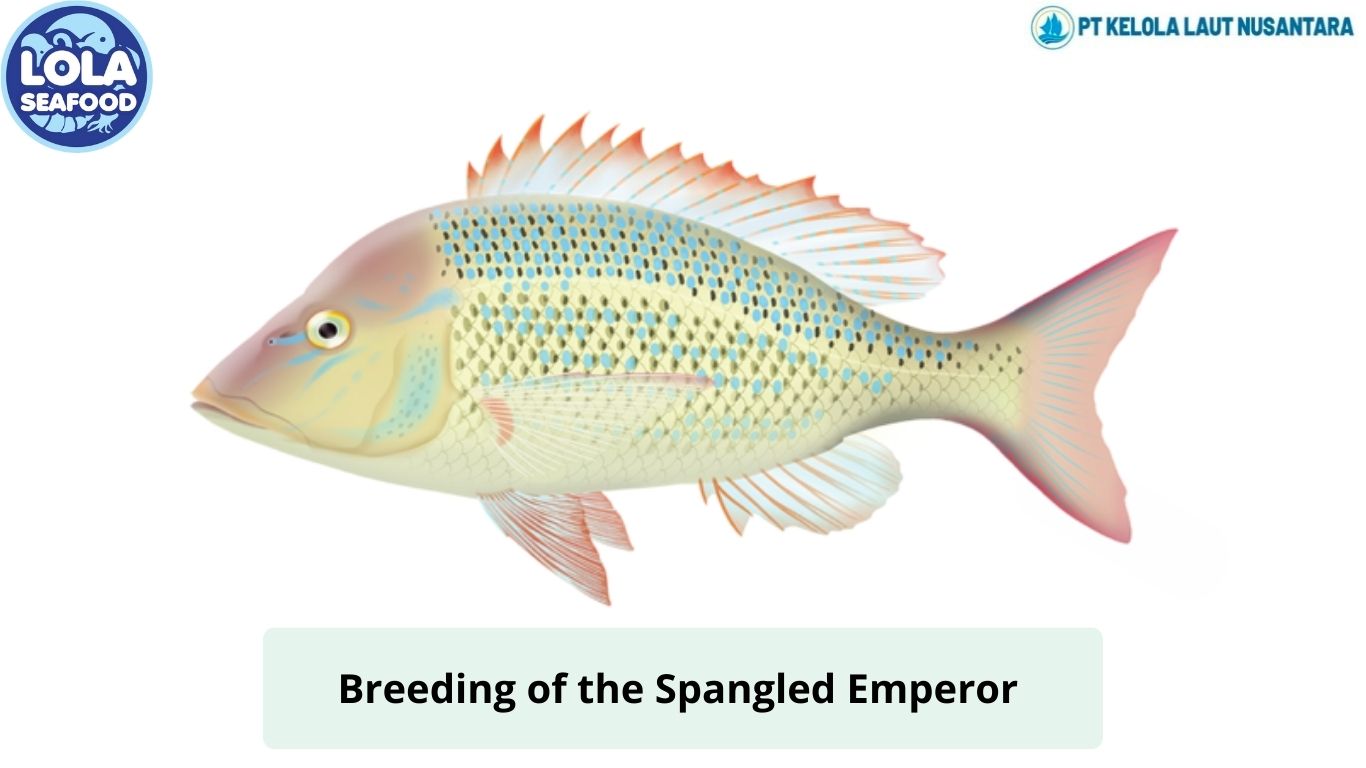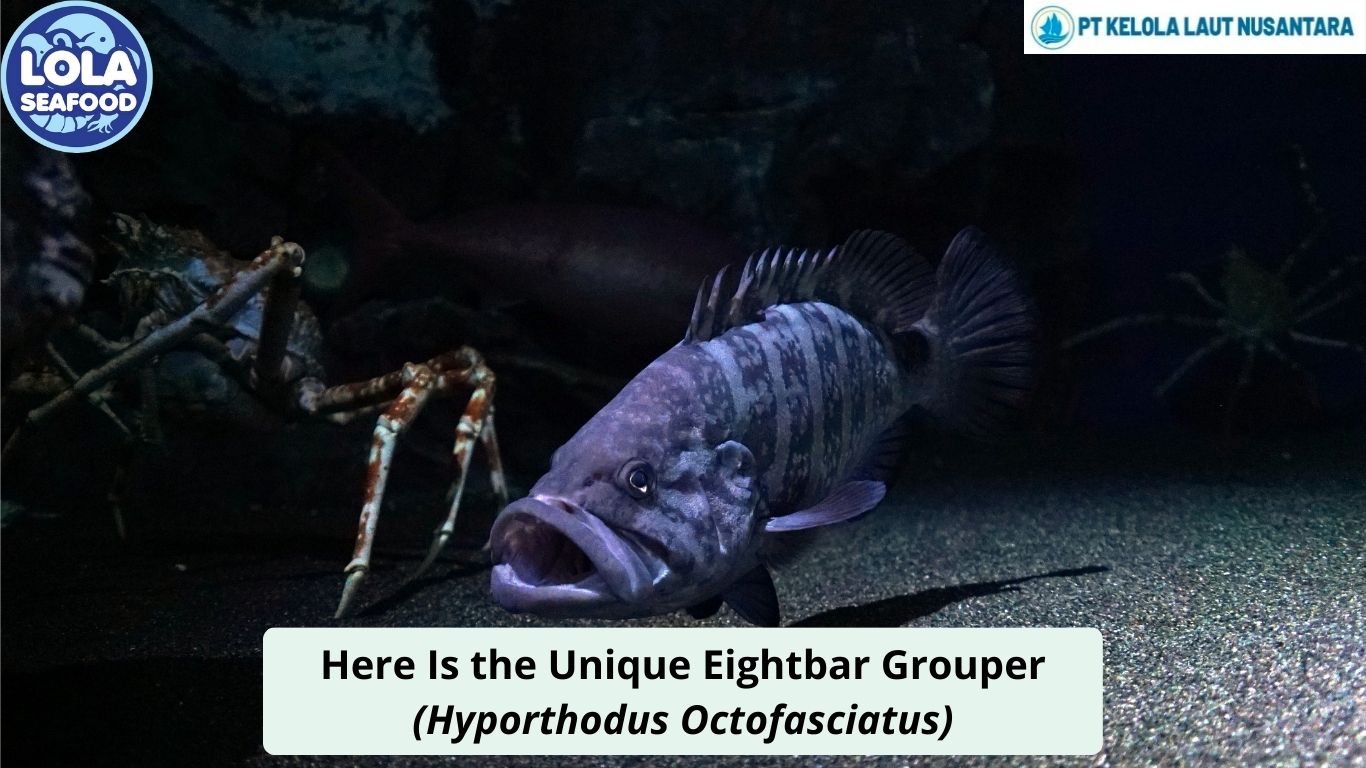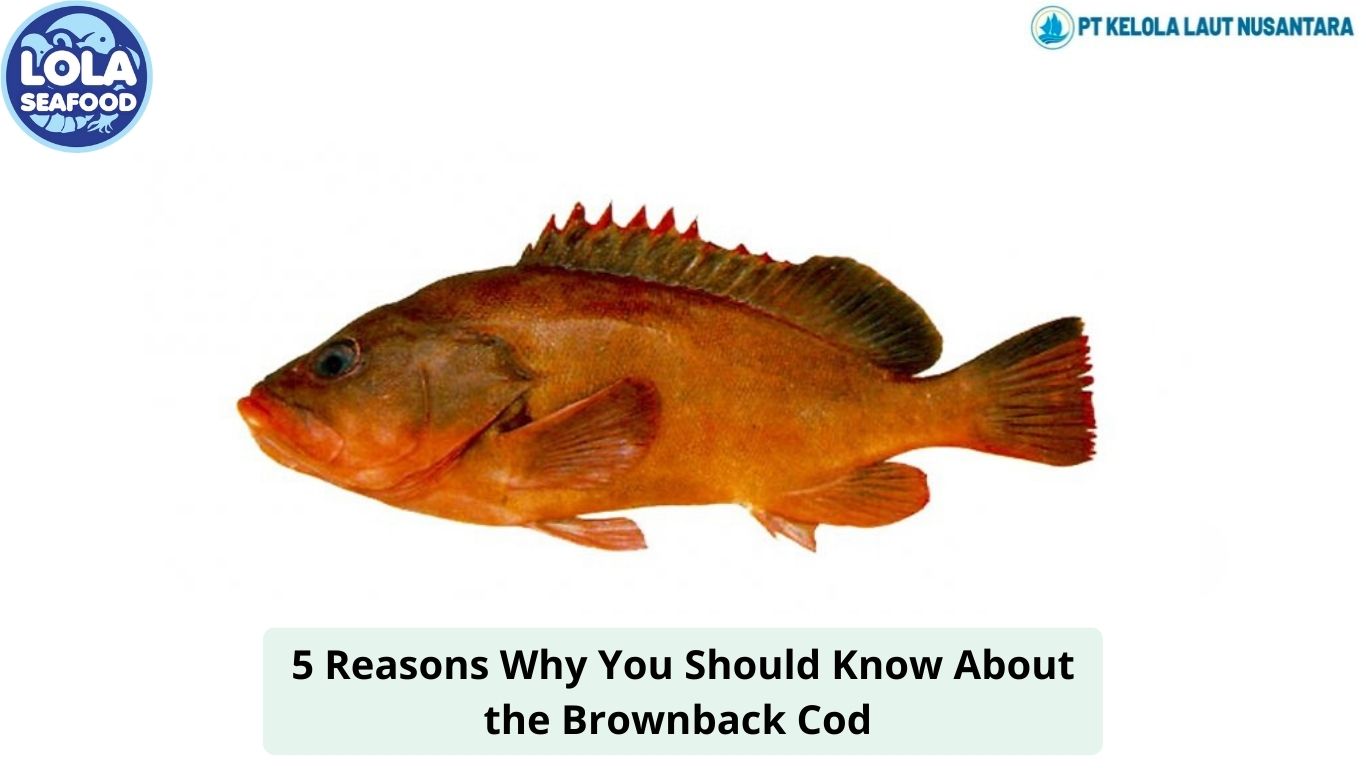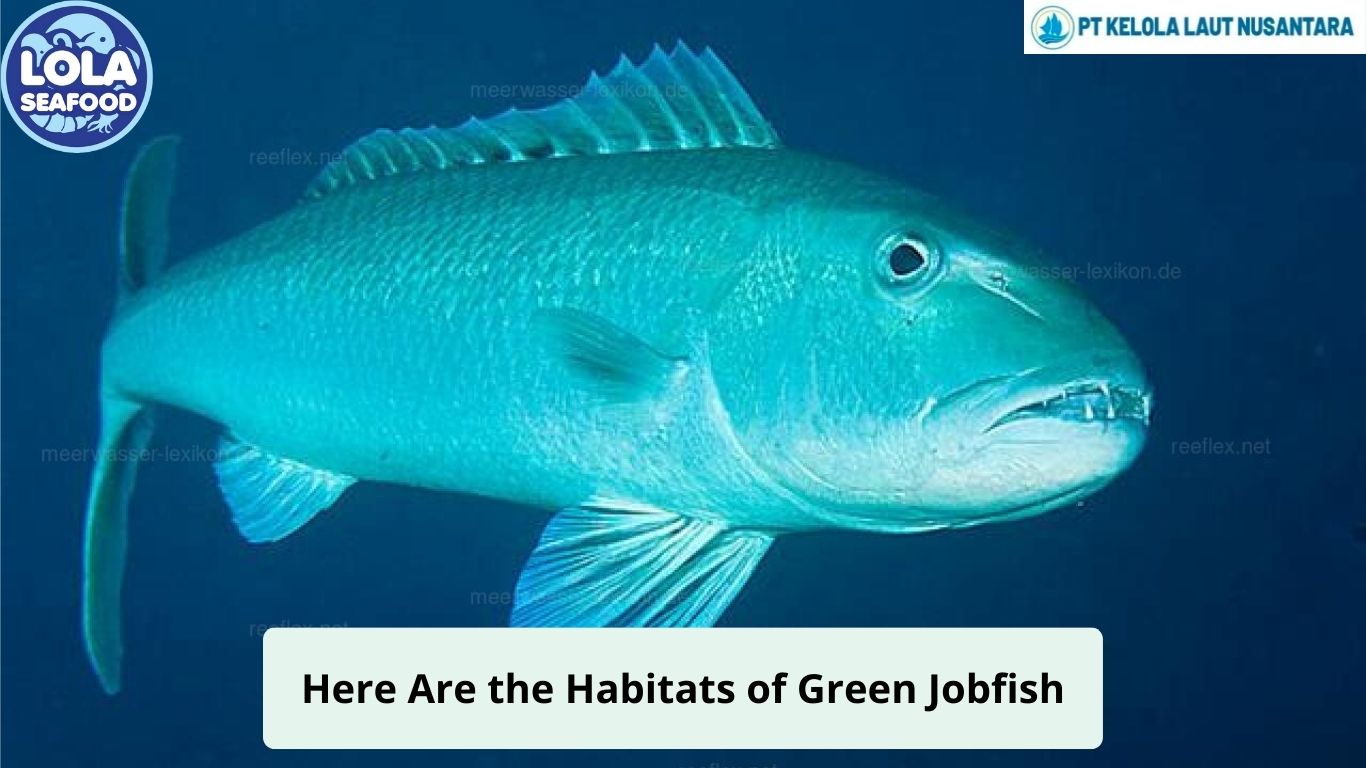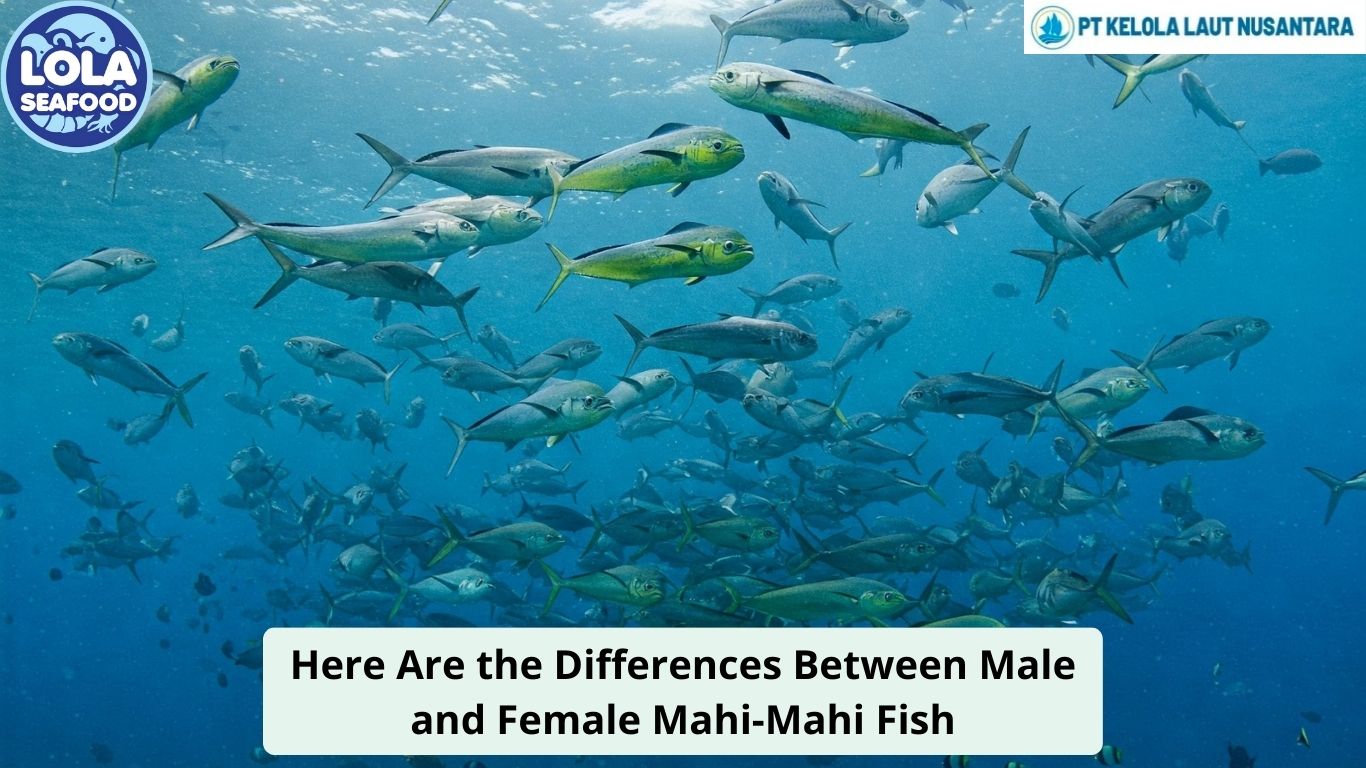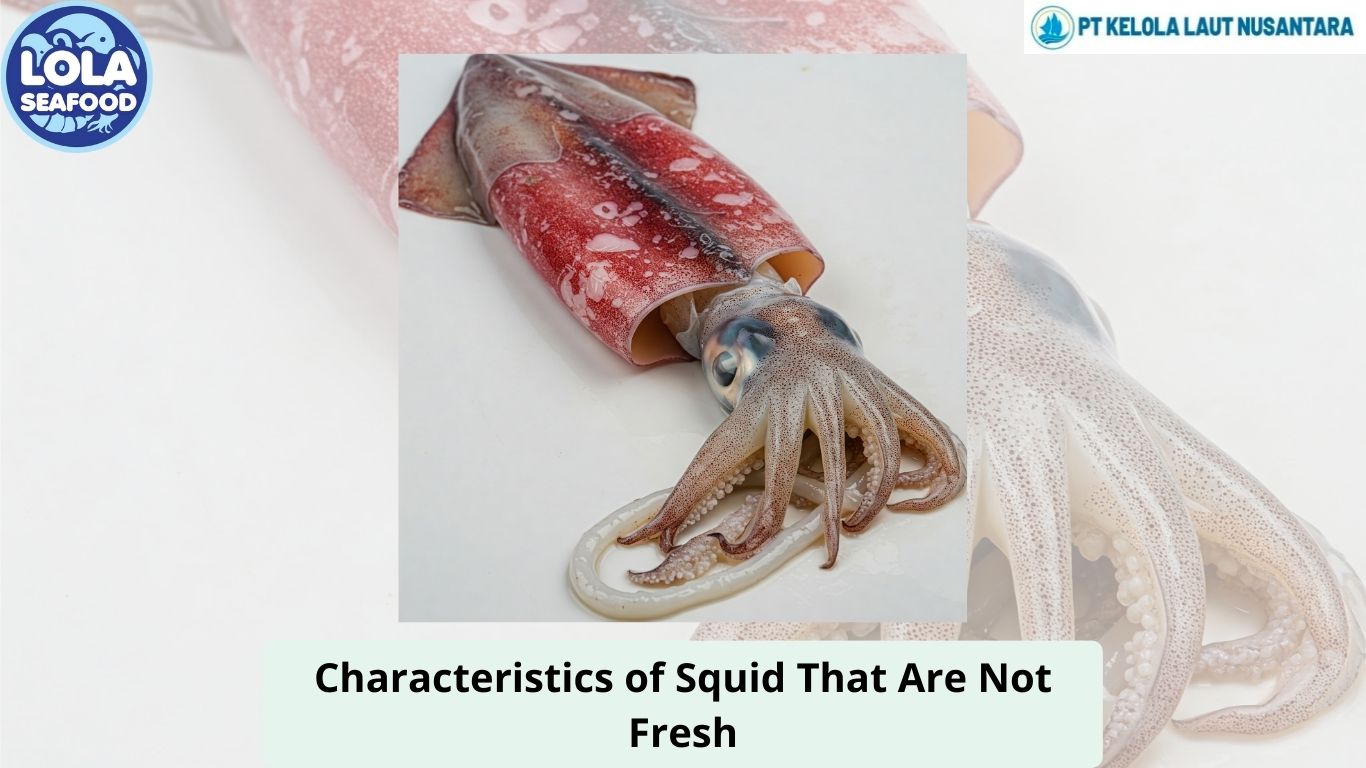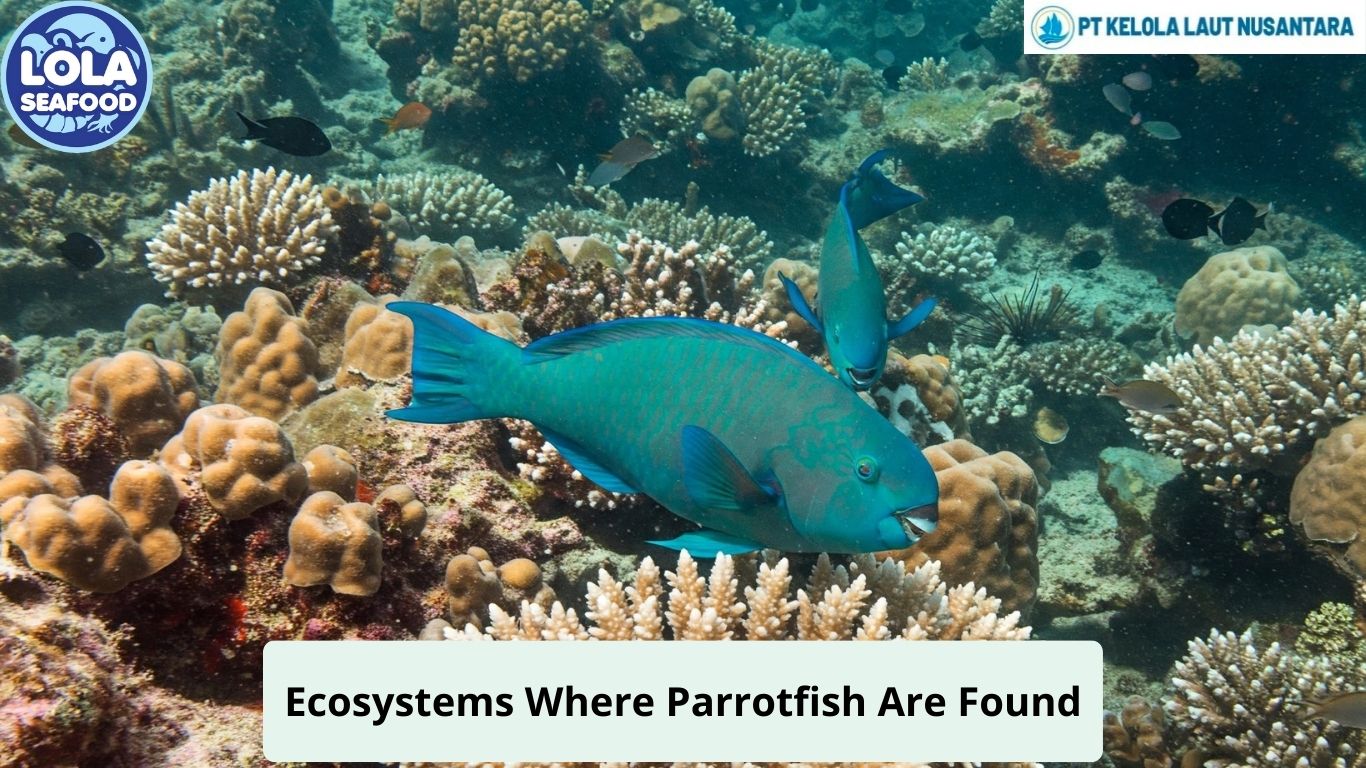Export Rules for Grouper to USA
By. Wiwik Rasmini - 19 Dec 2024
kelolalaut.com Grouper fish is one of Indonesia’s leading fishery commodities with high demand in international markets, including the United States (USA). However, to export grouper fish to the USA, businesses must comply with various regulations and requirements. Below are the key rules to be aware of:
1. Registration with the National Oceanic and Atmospheric Administration (NOAA)
The US government requires all seafood exporters to be registered with NOAA. This ensures that products entering the US are sourced legally and meet sustainability standards.
2. HACCP (Hazard Analysis and Critical Control Points) Certification
All seafood products exported to the US must comply with HACCP standards. This procedure includes risk analysis and quality control at all stages of production, from harvesting to packaging.
3. Compliance with Food Safety and Hygiene Standards
The USA enforces strict food safety regulations under the Food and Drug Administration (FDA). Grouper fish exported must be free from harmful chemical contaminants, such as mercury, and meet specific microbiological standards.
4. CITES (Convention on International Trade in Endangered Species of Wild Fauna and Flora) Certification
If the grouper fish is from a protected or endangered species, exporters are required to obtain a CITES certificate. This ensures that trade in such species does not harm their population in the wild.
5. Sustainable Sourcing Practices
Grouper harvesting practices must adhere to sustainability principles. Using environmentally friendly fishing gear, reporting fish stock data, and preserving habitats are critical factors in this process.
6. Packaging and Labeling
Grouper fish products must be packaged according to international standards and labeled clearly with information such as:
• Product name.
• Catch origin (catch area).
• Production method (wild-caught or farm-raised).
7. Customs Procedures
In addition to meeting the destination country’s requirements, exporters must comply with Indonesia’s customs regulations, such as providing a Certificate of Origin (COO), Invoice, Packing List, and Bill of Lading (BL).
8. Inspections and Audits
Seafood products entering the USA often undergo inspection by US authorities to ensure compliance with all applicable standards. Therefore, exporters must be prepared for audits and inspections at any time.
Challenges and Opportunities
While the process of exporting grouper fish to the USA involves adhering to numerous regulations, the opportunities in the US market are substantial. US consumers value high-quality seafood, especially from Indonesia, which is known for its rich marine biodiversity. By meeting the required standards, Indonesian exporters can strengthen their position in the global market.
If you are interested in our grouper fillet skinless please do not hesitate to contact us through email and/or whatsapp
